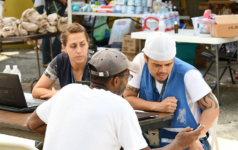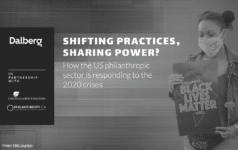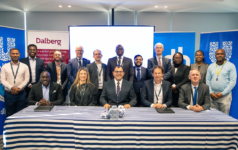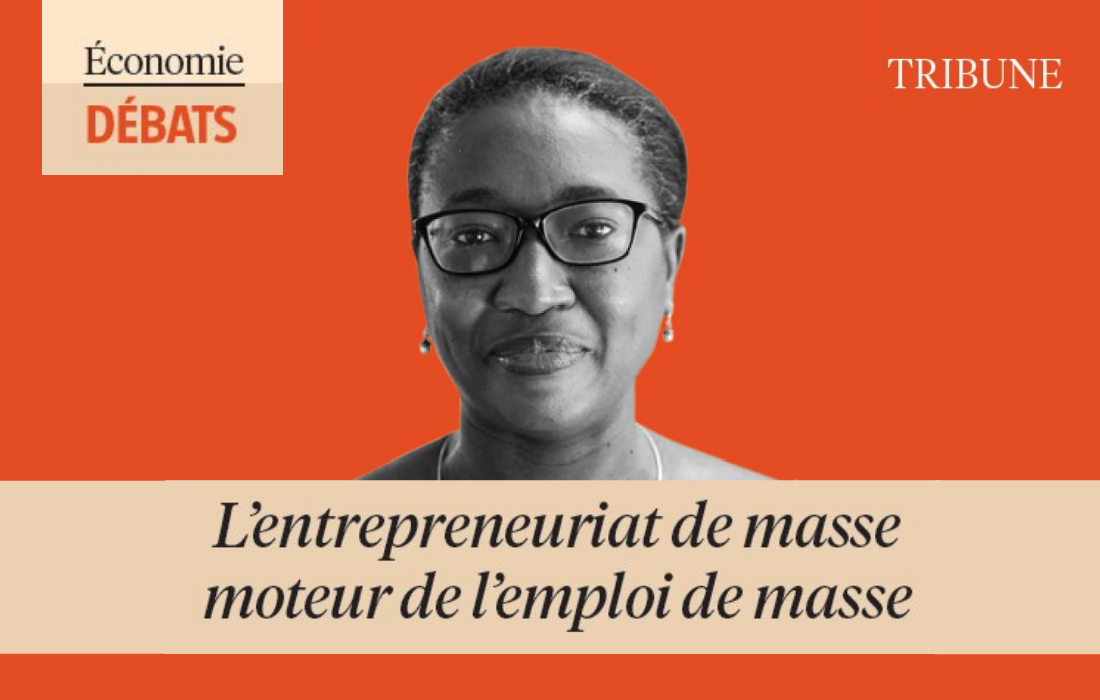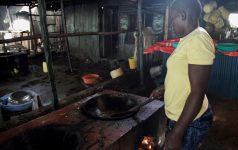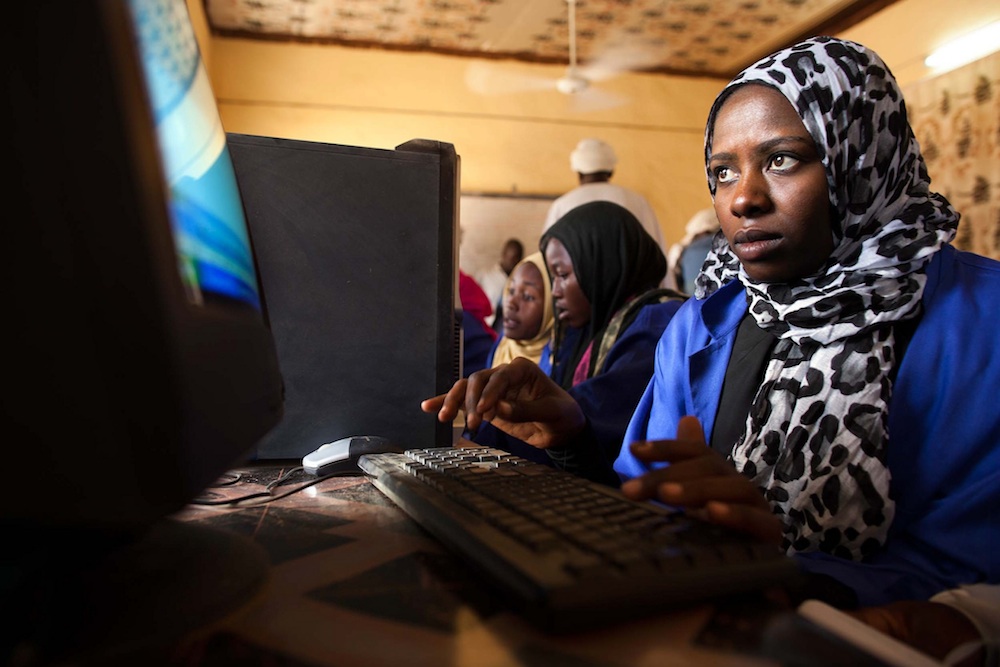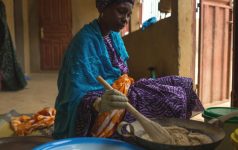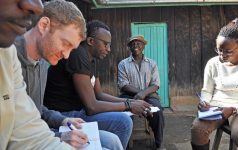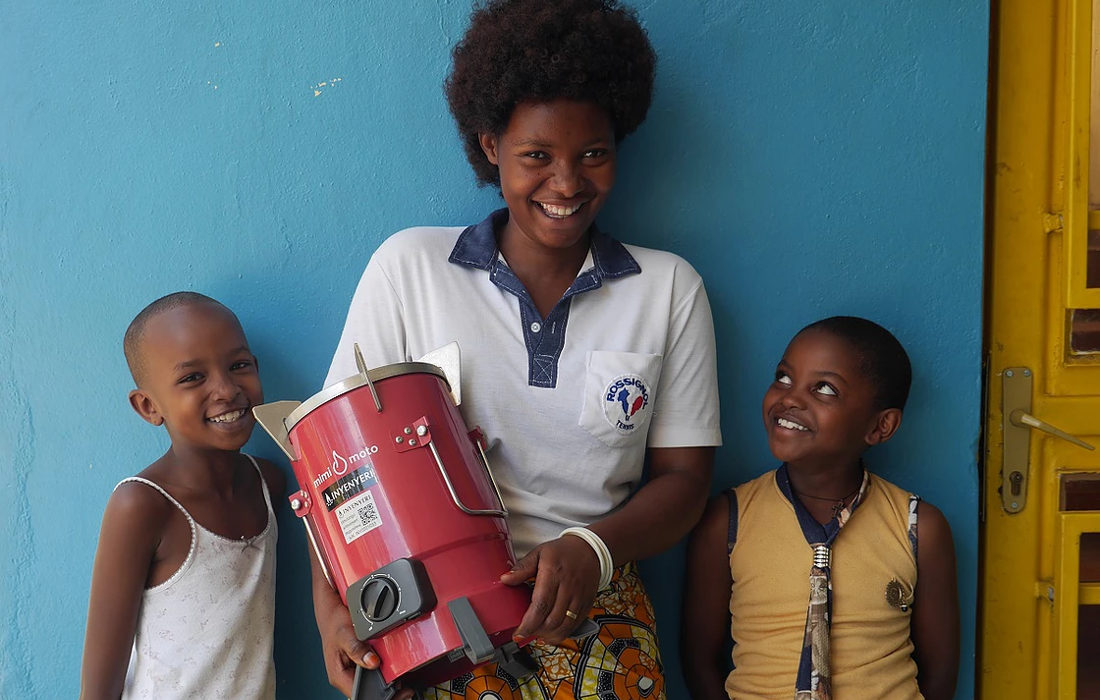Dalberg uses cookies and related technologies to improve the way the site functions. A cookie is a text file that is stored on your device. We use these text files for functionality such as to analyze our traffic or to personalize content. You can easily control how we use cookies on your device by adjusting the settings below, and you may also change those settings at any time by visiting our privacy policy page.
As part of a Private Sector Week organized by the Dar es Salaam office, Dalberg, The Africa List and the CEO Roundtable hosted an Iftar dinner tocelebrate Dalberg’s 10 years in Africa. The event kicked off a discussion on Tanzania’s future and the role that the private sector plays in building the economy while addressing issues that affect Tanzanians. More than 150 business leaders in Tanzania attended, representing a diverse range of sectors including finance and banking, telecoms, agribusiness and manufacturing.
Dalberg co-hosted the event with The Africa List and the CEO Roundtable. The Africa List is an invitation only private sector community that was set up with the belief that above all, the quality of leadership determines whether a company succeeds or fails. Currently active across five of Africa’s high growth countries – Tanzania, Ethiopia, Zambia, Uganda and DRC – The Africa List was created to bring together the leaders responsible for the continent’s next decade of growth. The CEO roundtable of Tanzania (CEOrt) was founded in 2000 by a small group of CEOs and is a policy forum dialogue that now brings together over 100 leading companies doing business in Tanzania. The main objective of the forum is to have a platform through which industry leaders within the Tanzanian private sector can constructively engage with government, its development partners, and other stakeholders with a view of creating a more conducive environment for business to prosper and for the country to develop.
Dalberg Dar es Salaam’s Founding Partner – Devang Vussonji kicked off the discussion with reflections on Dalberg’s work on the continent (and in Tanzania) over the past decade and on the importance of “Big Bets” for Tanzania that would address the needs of off-grid societies.
He reflected, “We have seen a few catalytic developments in Africa in the past decade that we have been on the continent: most prominent has been the telecom revolution that has allowed us to connect even the most remote consumers to a digital ecosystem. This revolution has enabled the off-grid energy revolution that has allowed us to develop energy products for the 64% of people in Tanzania – who are unable to access energy through traditional infrastructure. These consumers of off-grid energy are off-grid in many other ways. They don’t have access to full bank branches that allow them to access finance, or to supermarket chains that allow them to access affordable household products, or to schools and hospitals…all of which are very expensive to develop for remote populations. Everyone attending this event is trying to tackle solutions for these populations.”
He introduced the two panelists: Dr. Ellen Mkondya Senkoro, CEO of the Benjamin Mkapa HIV/Aids Foundation (BMAF) and Ruge Mutahaba, Co-founder and Director of Strategy and Programs Development, Clouds Media Group. The Benjamin Mkapa HIV/AIDS Foundation was established to accelerate HIV/AIDS services through addressing the shortage of skilled health professionals in rural underserved settings. Clouds Media Group started off a small radio station and is now a leading multi-media house (3 radio stations, 9 TV stations) and one of the largest events promotions and digital marketing firms in the region. The discussion focused on understanding what the challenges and opportunities are in the Tanzanian context to reach off-grid societies and how the private sector has been addressing such issues and can better address them. The session was moderated by Dalberg Group’s Executive Director, James Mwangi.
After the engaging discussion, Dalberg’s Africa Director, Edwin Macharia, launched the book – “17 Big Bets for a Better World.”
Edwin talked about the importance of the book in the Tanzanian context. “The book presents 17 bold and innovative ideas to reduce global poverty and improve lives. It tackles the types of questions that Dalberg has been addressing in Tanzania and the rest of Africa for the past decade. The private sector is a major driving force in developing our economies and a key partner in the type of work we do – working on the most pressing development challenges.”

